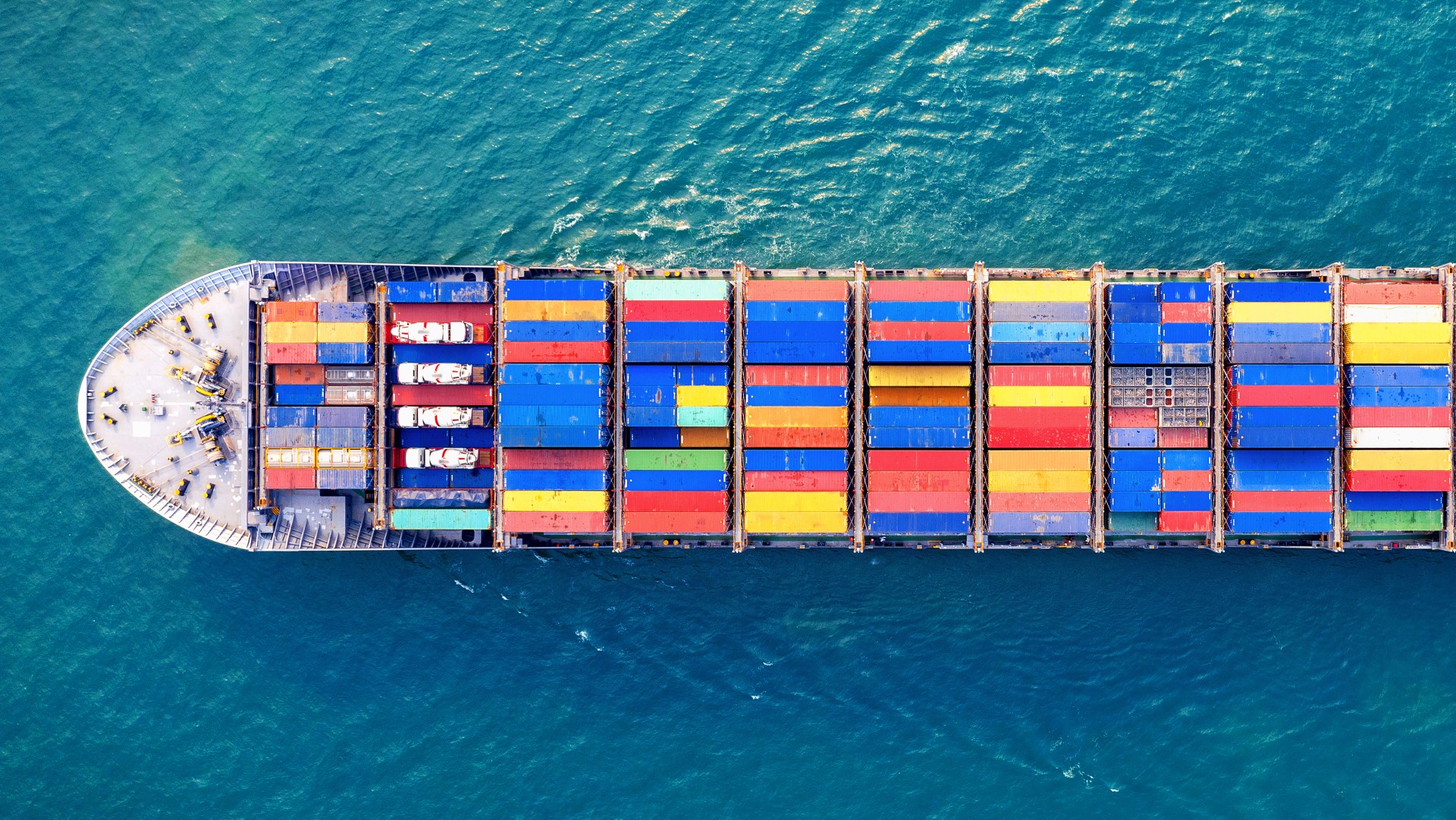Maritime transport

Maritime transport is the backbone of global trade and the global economy. Goods such as food, raw materials, medicines and technology are shipped using maritime transport. Around 90% of the volume of international trade in goods is carried by sea. As the world is developing at a fast pace, low-cost and efficient maritime transport has an essential role to play in growth and sustainable development. No country is entirely self-sufficient, and every country relies on maritime transport to interact with other countries to buy what it needs and sell its goods. This way, maritime transport affects us all every day.
The energy-efficient transport that ships offer makes maritime shipping a better option compared with other methods of transporting materials. The relatively low costs make it a viable option for trade and commerce as well. There has been an increased emphasis on developing fuel-efficient engines for ships, optimising how they sail and entering into partnerships to develop new fuels, which will result in reduced emissions of greenhouse gases.
At DTU Management, we work with a systematic approach to maritime transport that includes planning, optimisation, ports and their importance in the systems, regulations, emissions, decisionmaking, risk assessment etc.
Please get in touch with us if you have ideas for research projects or need an expert opinion.
Contact
Dario Pacino Associate Professor Department of Technology, Management and Economics Phone: +45 45251512 darpa@dtu.dk
Mette Sanne Hansen Specialist Consultant Department of Technology, Management and Economics Mobile: +45 26793391 mesa@dtu.dk